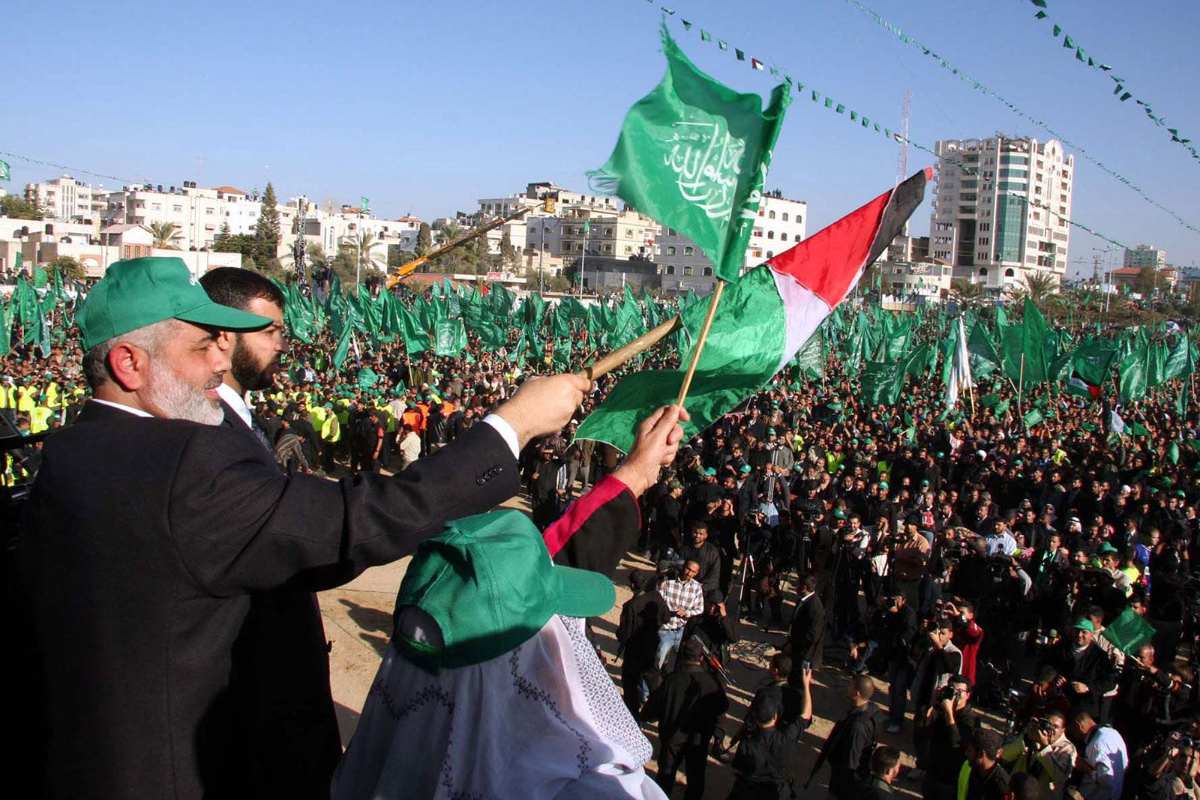Following Palestinian militant outfit, Hamas’ unprecedented attack on Israel which has left hundreds dead and thousands injured in its wake, Israel has declared that it is at a “state of war”. As rockets scatter across both sides of the border lining the Gaza Strip, the conflict has spanned over seven decades with Israel occupying the contentious Palestinian region.
The Conflict As Of Now
Since 2007, when Hamas claimed power in Palestine, they have fought several wars with Israeli Defense Forces through the course of Israeli PM Benjamin Netanyahu’s tenure in power. During this time, it has fired numerous deadly rockets into Israeli territory to not just disorient but cause exceptional damage through the deaths of civilians and successive destruction of buildings.
However, from the same year, Israelis had also commenced multiple air strikes across the strip, alongside former foes, Egypt. Both the countries had also established an economic blockade on Palestine, citing security reasons. Since then, relations between the two parties have been at their lowest. Most attacks have been in retaliation by both the parties.
In January 2023, the Hamas had fired two rockets into Israel, which were met by another spate of fireworks from the Israeli side. Lighting up the Palestinian skies, the May rocket deployment were not just devastating but also crumbled the entirety of the Palestinian health infrastructure, with one rocket targetting an hospital, resulting in the deaths of many, including children. In the same breath, the Israeli government had also launched multiple airstrikes along the region causing in the destruction of multiple resource enclosures, including World Health Organisation’s and UNICEF’s.
Israel-Palestine war: Chronicle of a mayhem foretold
However, the course of the bombings can be traced back to the Netanyahu government launching multiple airstrikes in August 2022, whereupon, around 44 people were killed, including 15 children, along the Gaza Strip. The Israeli government had said that the attack had been launched for its own security, protecting itself from a potential attack by the militant outfit.
Thus, responding to the rocket scares and destruction, Hamas went on to launch around 1,000 rockets towards Israel. It was the Iron Dome security technology, that blankets the border areas of Israel, preventing any and all rocket infiltration into the country when activated, which prevented any serious damage.
History Of The Conflict
Following the collapse of the Ottoman Empire during World War I, the British gained control over Palestine. Then resided in by a Jewish minority and an Arab majority. The Jewish populace across Europe and the world, who had been persecuted through many chapters of history, demanded a right to a home nation. It was the British who were made to take upon the task — to create a homeland for Jews in the region.
Amid heightening tensions between the two groups, the region witnessed an influx of Jews from all parts of the world into Palestine, turning the tides of the demography. Closing down upon the numbers of the Islamic Palestinians. As the World War ended, the United Nations introduced a resolution suggesting the division of Palestine, marking one side for the Jews, with the other being for the Arabs. However, the latter declined the offer.
In 1948, the British relinquished hold over Palestine as tensions escalated, and Zionist leaders declared Palestine as the homeland for Jews — Israel. A war ensued with neighbouring Arab countries joining hands to protect Palestine, however, it could not be brought about. Palestinians, numbered by the thousands, fled in an exodus. The event has been known as Al Naqba, or ‘The Catastrophe’.
A spate of wars followed, including the Six Day War in 1967 and the Yom Kippur War in 1973, which followed into the first Palestinian Intifada, or its war for independence. The tides were turned.

